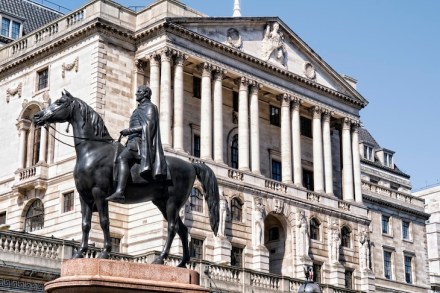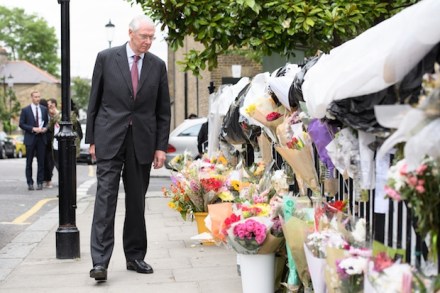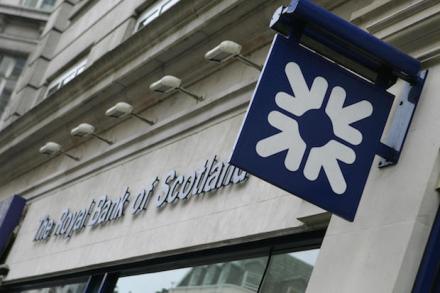How is Theresa May’s NHS funding boost landing with voters?
How is Theresa May’s big £20bn funding pledge landing with the public? That’s the question Tory MPs are beginning to ask. The Prime Minister’s – currently unfunded – early birthday present for the NHS to celebrate its 70th birthday was announced to much fanfare last month. It was meant as an agenda setting policy that would help to define her premiership, show there was more to Mayism than Brexit and boost the Tories’ standing with voters. As of yet though, signs of an immediate Tory boost are absent. A YouGov poll – taken 25-26 June about a week after it was announced – puts the Tories ahead with a five-point





















